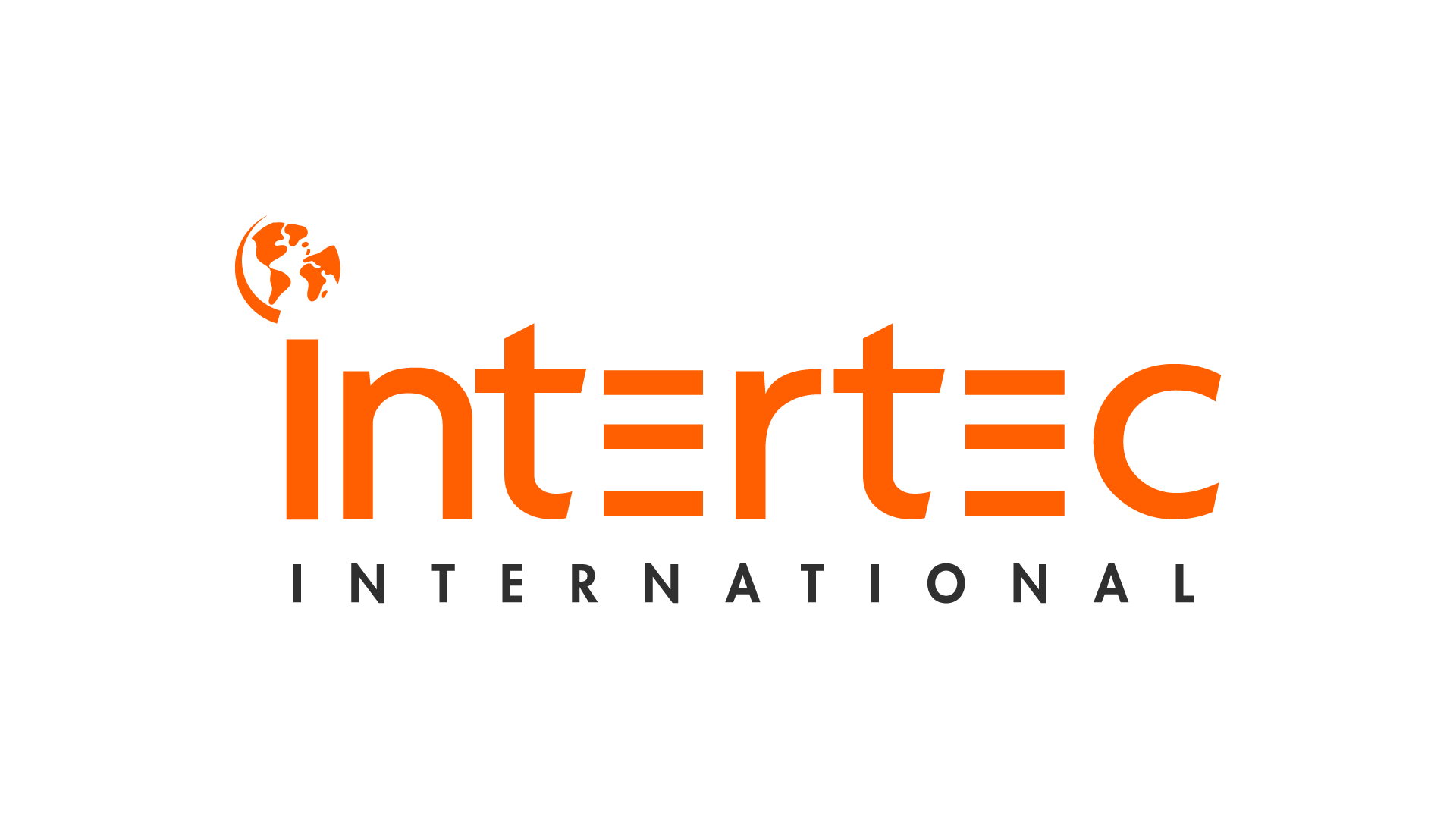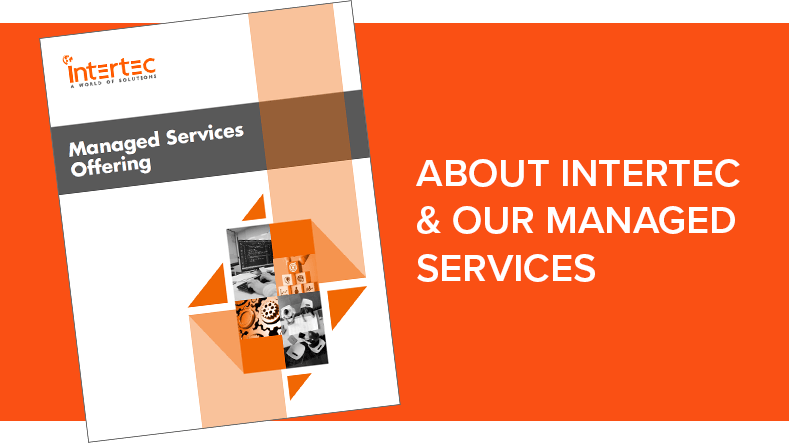Quality assurance testing is one of the final steps of the software development process before the software is launched. The QA process is critical to identifying and correcting any issues in the software before its exposure to users. While some companies perform QA testing through an internal team, this can be extremely high in cost with sub-par results. For this reason, a growing number of companies are outsourcing their QA testing, providing them with a team of experts that can elevate their QA testing process.

Planning and Strategizing
Unlike most internal QA testing teams, an outsourced team such as an MSP consists of a team of IT experts, experienced and trained in all-things software development and QA testing. For this reason, they can provide their clients with an improved QA testing experience, ensuring that software is functioning and operating exactly as it was designed. A significant way that MSPs can ensure this is through planning and strategizing with their clients.
The planning stage of QA testing is an important step that is often overlooked. In creating a test plan, MSPs will work with their clients to identify any testing requirements for the software, specifically any compliance regulations that should be noted. During this stage, the QA team will work with their client to determine the desired outcome of the QA testing process, in addition to any client expectations and testing parameters.
Planning and strategizing before testing is vital as it gives the QA team the insights to determine if tests were successful or not. The testing plan also determines which tests will be used throughout the testing process and the desired results of each test. As a result, once testing is completed, it will be explicitly clear whether or not the software is ready for users.
Fast, Reliable Results
Once the planning stage is complete, it is time for the QA team to begin testing. MSPs are instrumental during the QA testing process, providing their clients with fast and reliable results. For projects with tight deadlines, time is a critical aspect of the testing process. While it might seem feasible for an internal team to conduct QA testing within a strict timeframe, testing could be significantly set back if any problems occur. Furthermore, if a mistake is made, testing must be performed again, taking even more time. For this reason, trusting an MSP with QA testing experts is essential, ensuring that testing is conducted in a timely manner.
While speed is an important consideration, the quality of your testing results is more significant. Fortunately, with an experienced MSP, speed will not compromise the quality of your results. An outsourced QA team will be able to provide you with high-quality QA testing, ensuring that your software is functioning optimally. By outsourcing your QA testing team, you will equip your organization with expert QA testers who can quickly provide you with high-quality results.
Additionally, because MSPs are highly experienced with QA testing, their experts will be familiar with any platform, language, or software that you may have. In addition to this, your MSP can provide an extensive range of tests that your internal team may be unfamiliar with or require training to learn – both automated and manual.
Identify and Resolve Issues
An internal testing team may be able to identify obvious issues but introducing a fresh set of eyes to your software testing is highly beneficial. By outsourcing, you are equipping your organization with an unbiased perspective of your software. Without any bias or preexisting misconceptions of how the software should be functioning, an MSP can quickly and efficiently conduct testing while identifying and fixing any issues.
An inexperienced tester may not be able to identify all mistakes or make new mistakes as they conduct testing. Should this occur, the testing process will take much longer, if not fail altogether. Fortunately, MSPs know precisely what to look for and how to correct any mistakes. Beyond functionality, MSPs will identify UX/UI and cybersecurity issues – both of which are critical but may not be prioritized by an inexperienced team.
User experience is an essential component of software development. Software must be designed for use, and if it is not user-friendly and understandable, customers will not use it. For this reason, it is crucial to utilize an MSP who, as an unbiased third-party, can determine if the software is confusing or does not flow well. Once any user experience issues are identified and corrected, engagement and client retention will be significantly improved.
Equally as important as user experience is cybersecurity. Cybersecurity breaches and hacks are on the rise, so any security risks must be handled during the QA testing process. As MSPs are cybersecurity experts, they have the knowledge and experience to identify any security flaws in your software that could compromise your company, damage your reputation, and lead to legal consequences. Developers without experience in cybersecurity could miss fatal security risks in their software that an experienced MSP would identify with ease.
Cost-Effective Solution
A significant consideration for any project is cost. Fortunately, outsourcing the QA testing process can be drastically more cost-effective than if handled internally. One of the most considerable expenses of QA testing is the technology and equipment required, which may not be in the budget for most organizations looking to perform testing. But, by outsourcing this task to an MSP, your company can avoid the cost of acquiring all the necessary resources and tools.
This is particularly important for companies dealing with a one-off project. The required equipment for testing will incur high costs, and it is likely not worth the price if you only need to use it once or irregularly. On the other hand, your MSP will already have this equipment and be familiar with it, saving you the cost of buying it and the time to learn new technology.
Even if your organization is not planning a one-off project, if you have a tight budget, then an MSP is instrumental. Beyond physical equipment, if your organization chooses not to outsource, you will have to form an internal QA team. It is a significant investment to build an internal QA team and can be a waste if it is only for one project.
Fortunately, an MSP will provide you with the team you need without the cost and time of recruiting and training, and staffing your own. In outsourcing your QA testing needs, you can save significantly – providing your company with a trained and prepared team, fully equipped with the necessary equipment, at a fraction of the cost.
The Solution to Your QA Testing Needs
Outsourcing an MSP is the solution to fast, cost-effective, and successful quality assurance testing. In doing so, you are providing your company with a team of experts experienced in QA testing with the means to do so efficiently. As a result, testing can be conducted at an expedited rate without compromising the quality of your results.
Furthermore, because an MSP is already equipped with the necessary training and equipment, your company will benefit from the use of state-of-the-art technology without the daunting price tag or unnecessary purchases. Whether your software testing project is on a strict deadline, a tight budget, a one-off project, or none of the above, partnering with an MSP is the most effective means of elevating your QA testing process.









